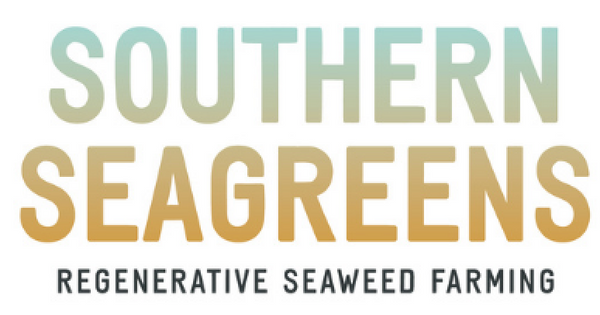In recent times, kelp has been gaining recognition worldwide for its impressive nutritional profile and health benefits. Packed with essential vitamins, minerals and antioxidants, incorporating kelp into your diet can offer numerous advantages for overall well-being.
Rich Source of Essential Nutrients
One of the standout features of kelp is its high iodine content, a mineral crucial for proper thyroid function. The thyroid gland regulates metabolism, energy production, and hormonal balance. Kelp is among the best natural sources of iodine, making it beneficial for individuals with iodine deficiency. However, it's important to consume it in moderation, as excessive iodine intake can lead to thyroid dysfunction.
In addition to iodine, kelp is abundant in vitamins A, B12, C, and E, as well as minerals like calcium, iron, and magnesium. These nutrients support various bodily functions, including bone health, immune response, and oxygen transport. The presence of antioxidants in kelp also helps combat oxidative stress, reducing the risk of chronic diseases.
Supports Weight Management
Kelp contains a natural fiber called alginate, which may aid in weight management by reducing fat absorption in the gut. A study highlighted by Healthline suggests that alginate can help block the absorption of fat in the intestines, potentially contributing to weight loss efforts.
Good for Your Gut
Kelp is great for your gut health because it contains natural fibers that feed the good bacteria in your digestive system. These fibers, especially ones called fucoidan and laminarin, act like food for the helpful microbes in your gut, helping them grow and stay balanced. A healthy gut can improve digestion, boost your immune system, and even support your mood. Adding kelp to your meals is an easy way to help keep your gut happy and healthy.
Potential Role in Disease Prevention
Emerging research indicates that kelp may have properties that contribute to disease prevention. The antioxidants and anti-inflammatory compounds found in kelp can help protect cells from damage and reduce inflammation in the body. Some studies have explored the potential anticancer effects of kelp, although more research is needed to establish definitive conclusions. Nonetheless, incorporating antioxidant-rich foods like kelp into your diet is a proactive step toward maintaining health.
Environmental Benefits and Sustainability
Beyond personal health, kelp cultivation offers environmental advantages. Kelp farming requires no freshwater, fertilizers, or arable land, making it a sustainable food source. It also absorbs carbon dioxide and nitrogen from the water, helping to mitigate the effects of climate change and ocean acidification. By choosing kelp, consumers can support sustainable aquaculture practices.
Conclusion
Incorporating kelp into your diet can provide a wealth of health benefits, from supporting thyroid function and weight management to offering essential nutrients and antioxidants. Its versatility in cooking and positive environmental impact further enhance its appeal. As with any dietary change, it's advisable to consult with a healthcare professional, especially if you have existing health conditions or concerns about iodine intake. Embracing kelp as part of a balanced diet can be a delicious and nutritious way to support overall health.
We are native kelp farmers and invasive Wakame hunters based on the Mornington Peninsula in Victoria, Australia. We produce high quality seaweed based products for home cooks and foodservice. Check out our all natural, food grade Australian kelp products available to order online here.

